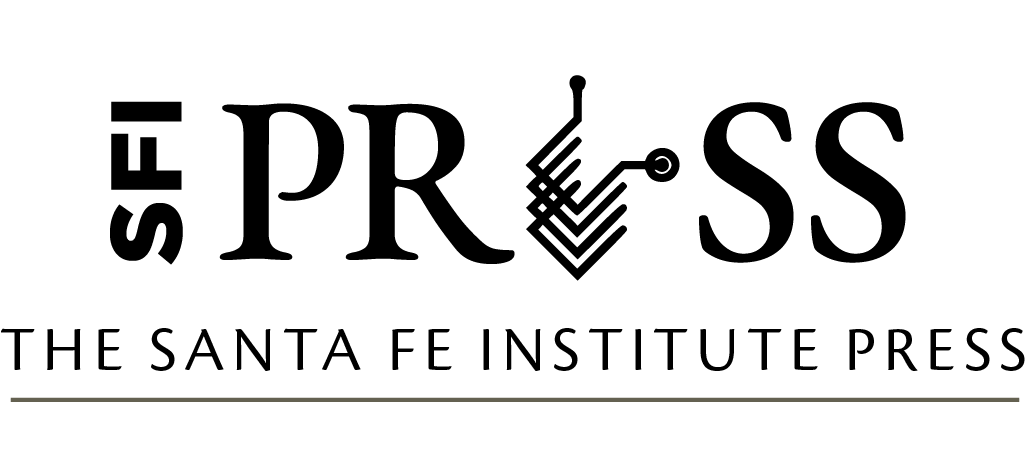Complexity Economics pp. 4-7
DOI:
Foreword: Interaction & Innovation
Authors: William Tracy & Casey Cox
Excerpt
Geoffrey West, SFI faculty member and past president, observed in his book Scale that the “economic output, the buzz, the creativity, and culture of a city or company all result from the nonlinear nature of the multiple feedback mechanisms embodied in the interactions between its inhabitants, their infrastructure, and the environment.” In other words, unscripted interactions between diverse inhabitants seem particularly important for driving innovation and growth in cities and other human organizations. These insights are among the organizing principles behind SFI’s Annual Applied Complexity Network (ACtioN) and Board of Trustees Symposium, on which this book is based, and indeed the entire Dialogues of the Applied Complexity Network series, as well.
Each November, ACtioN gathers a diverse group of scholars, practitioners, leaders, and artists with interests in a particular theme, and then creates an environment designed to facilitate rare, serendipitous but valuable interactions that birth new ideas and insights. Formal talks and panels play a role in stimulating smaller discussions and easing the social constraints that often frustrate productive conversations. Unlike ordinary academic conferences, we invite talks from leading scholars as well as from artists, practitioners, and other mavericks who will drive our thinking in novel directions. Symposium talks reveal insights from the frontiers of knowledge, but do not collectively represent the totality of a topic or field. Like SFI’s monastic setting in the mountains above Santa Fe, the symposia serve to inspire a collaborative exploration of a timely and important subject from new perspectives.
These symposia reflect ACtioN’s broader mission. ACtioN is a community through which SFI collaborates with practitioners at firms, governments, and nonprofits that seek to deploy complex-systems insights to achieve their goals. By examining a variety of complex systems from different perspectives, ACtioN members gain new understandings and SFI researchers gain new insights. In addition to the annual symposium, ACtioN organizes a host of online and in-person topical meetings, in which SFI researchers and ACtioN practitioners discuss how to apply emerging ideas from complexity science. ACtioN also offers members opportunities to participate in SFI education programs, with the aim of promoting not only an understanding of but also organizational fluency with complexity science.
